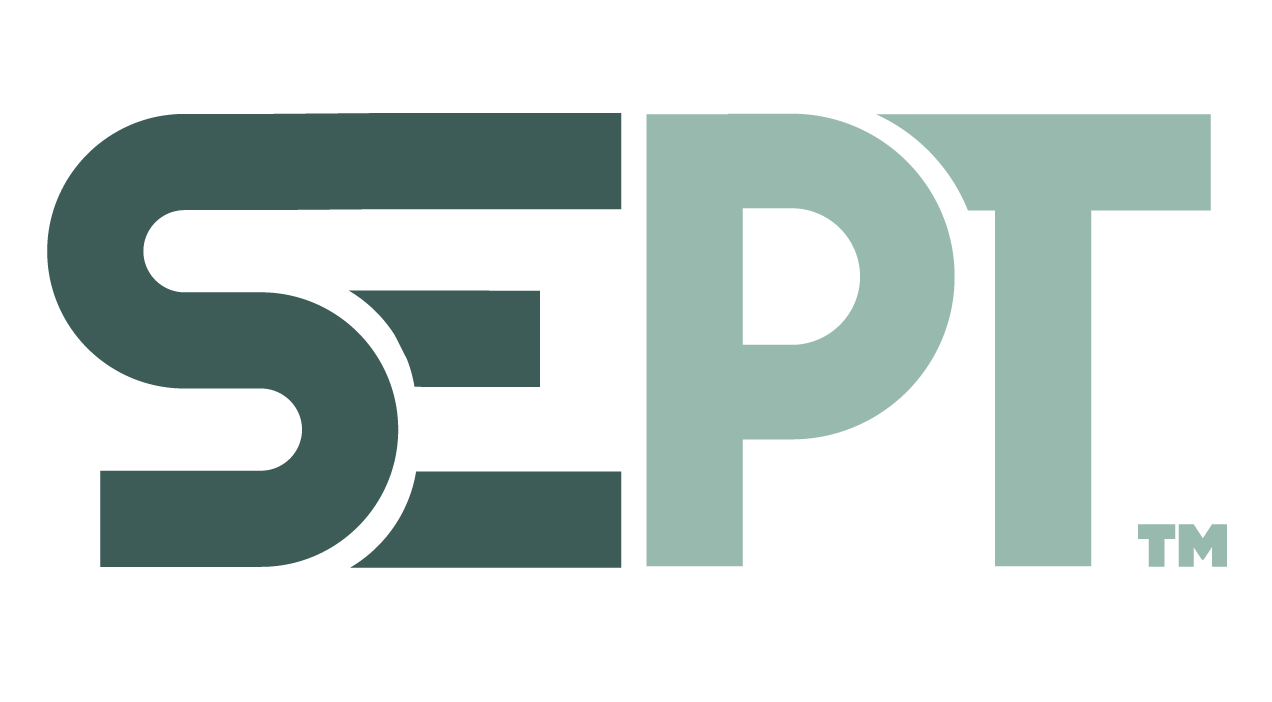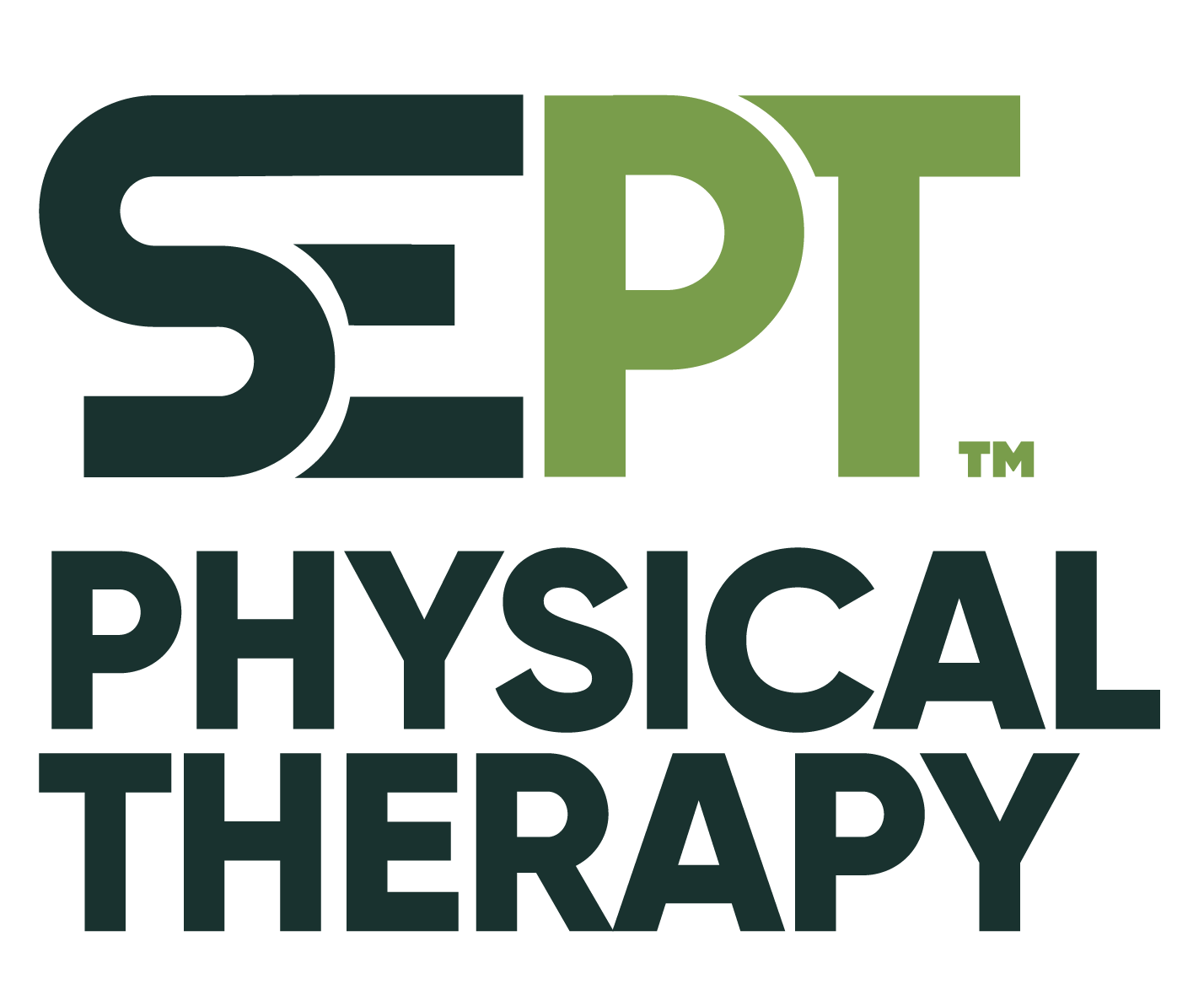With Sports Medicine/Sport Injury Therapy
At SEPTTM Physical Therapy, our clinicians are experts in Sports Medicine/Sport Injury Therapy and prescribing a course of treatment for relief and return of function.
If you are a youth, collegiate, elite, or professional athlete, when you are injured, you need a physical therapist with experience rehabilitating sports-related injuries.
Athletes place higher demands on the muscles and joints and also require sport-specific training to recover speed, power, and agility. This is the specific training that the therapists at SEPTTM Physical Therapy provide.
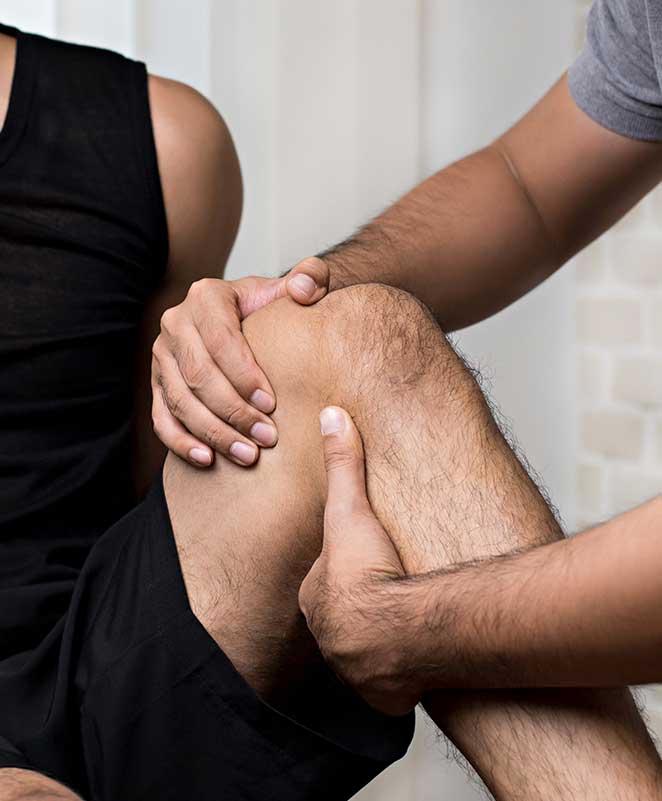
Our Physical Therapists Have Years of Experience Rehabilitating Athletes With:
- Postsurgical rehabilitation of the knee, shoulder, ankle, hip, and spine
- Shoulder & rotator cuff injuries
- Ligament sprains
- Muscle strains
- ACL, PCL, MCL, LCL rehab
- Tendonitis/bursitis
- Post-fracture rehab
- Tennis elbow
- Overhead sports injuries (throwing, swimming, etc.)
- Running & cycling injuries
- Optimizing the Recovery Process
- Injuries are an unfortunate side effect of sports but they don’t have to sideline you indefinitely. With the application of the latest clinical research, we can work hand-in-hand with your referring physician/surgeon to optimize the recover process so you can reach your full potential.
What Is the First Step?
Start By Scheduling an Evaluation Appointment.
Don't Wait - Get Started Right Now!
Clinical research shows that the sooner you get started with active rehabilitation, the less likely you will need unnecessary tests, medications, or surgery.
At your evaluation appointment, you will meet with a physical therapist who will perform a thorough evaluation that includes:
- A review of your health history and your specific symptoms.
- A thorough examination that includes assessing the quality and quantity of your movements, and any factors that might put you at risk for delayed recovery or might indicate a serious health problem.
- Assessment of how you use your body at work, at home, during sports, and at leisure.
- Determination of the diagnosis and impairments that are causing your pain and establishment of a treatment plan of care.
What to Expect
What Kind of Treatment Techniques Might I Receive?
Your physical therapist will develop a personalized rehabilitation program for your condition. This program can help you safely return to your desired activities. Some treatment techniques may include:
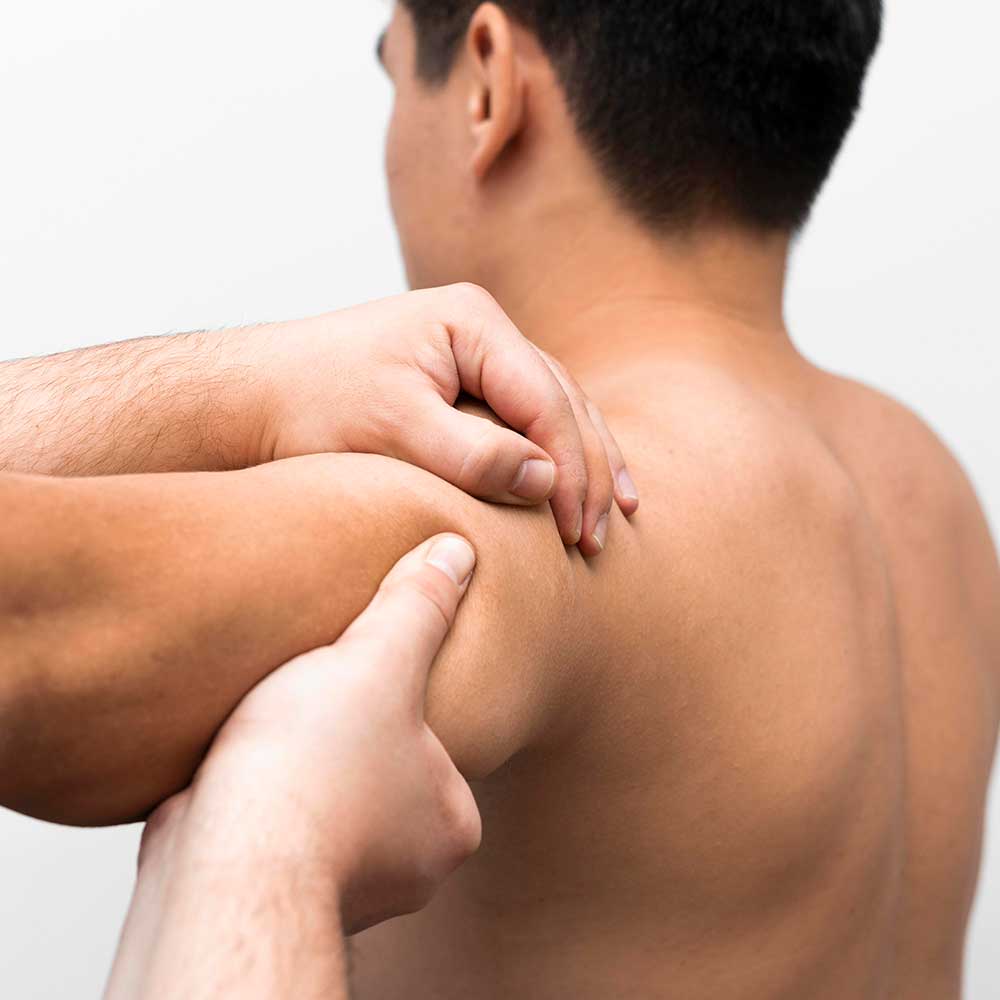
Manual Therapy
Hands-on treatments to mobilize your muscles and joints to restore and improve proper motion and strength.
Specialized manual therapy offerings at SEPTTM Physical Therapy include:
- Traction
- Joint mobilization and manipulation
- Soft-tissue mobilization
- Myofascial Release
- Swelling/edema massage
- IASTM- Instrument assisted soft tissue massage
- Graston Therapy
Range-of-Motion Exercise
Activities aimed at improving movement of a specific joint including stretching techniques to decrease muscle tightness and help restore flexibility. There are 3 main types of range of motion (ROM) exercise: Active ROM requires very little assistance from the clinician and is done by the patient. Active-assisted ROM requires partial assistance from the clinician and is done with the patient. Passive ROM requires full assistance from the clinician and is done for the patient.
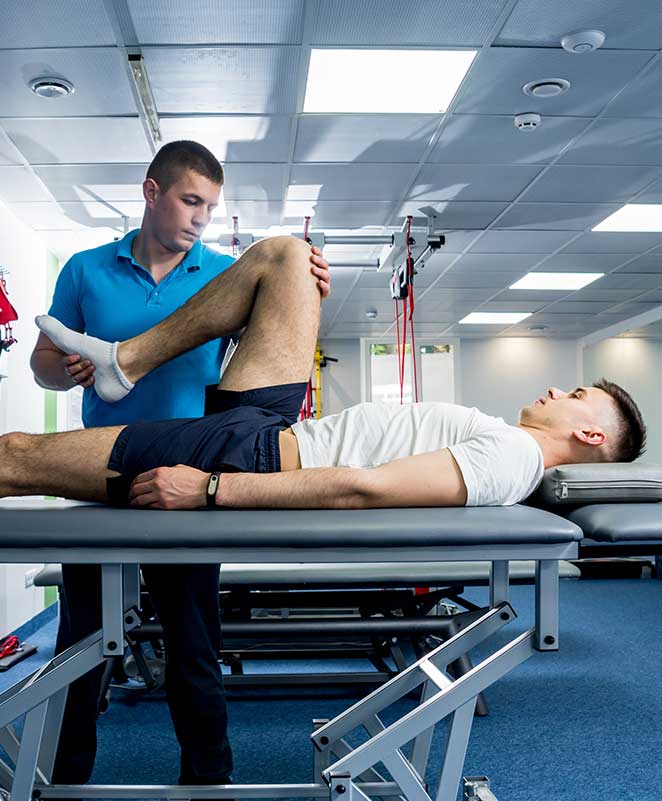

Muscle Strengthening
Exercises for muscle weakness or imbalance specific to your condition and capability. Sometimes referred to as strength/weight/resistance/endurance training, muscle strengthening exercises can include the use of weights, exercise bands, and body weight. The benefits of muscle strengthening include increased bone strength and muscular fitness.
Pain and Swelling Management
Treatments to reduce pain and inflammation and enhance recovery.
Specialized pain management offerings at SEPTTM Physical Therapy include:
- Electrical stimulation
- Ultrasound
- Iontophoresis
- Vasopneumatic Compression
- McConnell taping
- Kinesiotaping
- Dry Needling
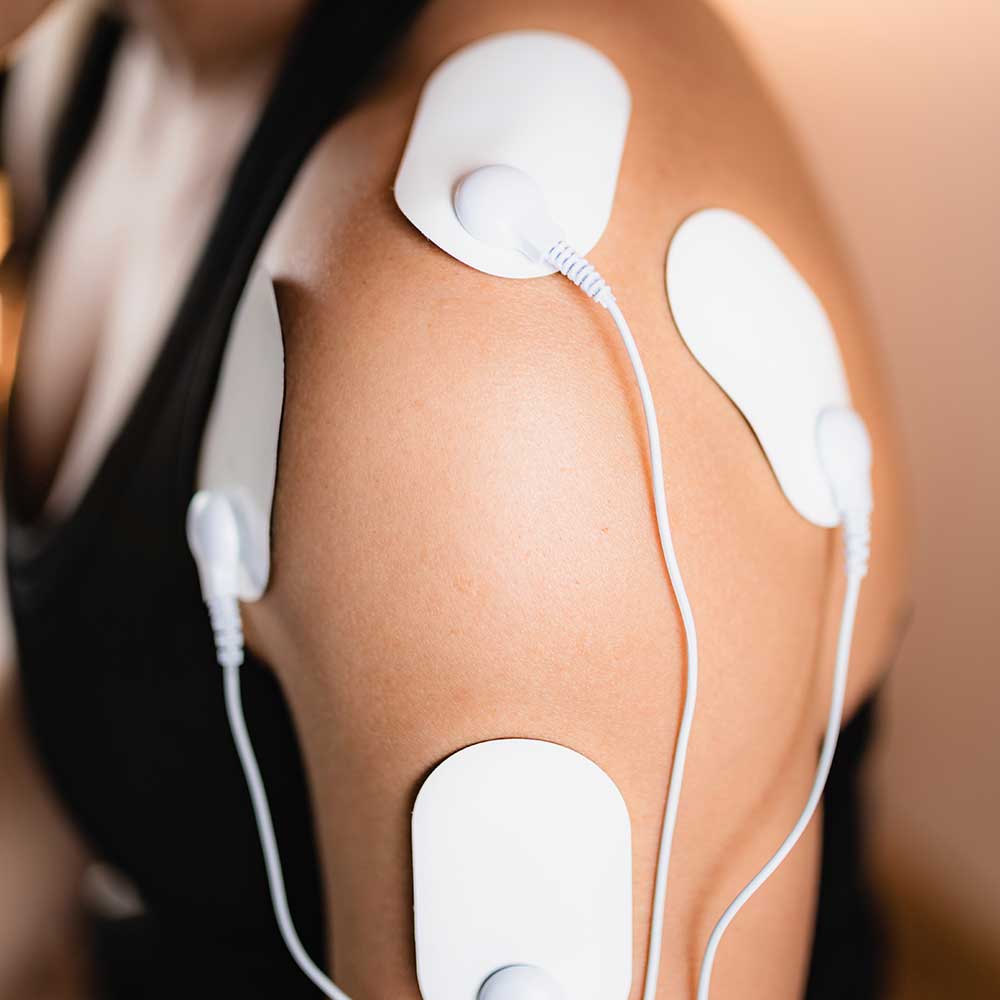
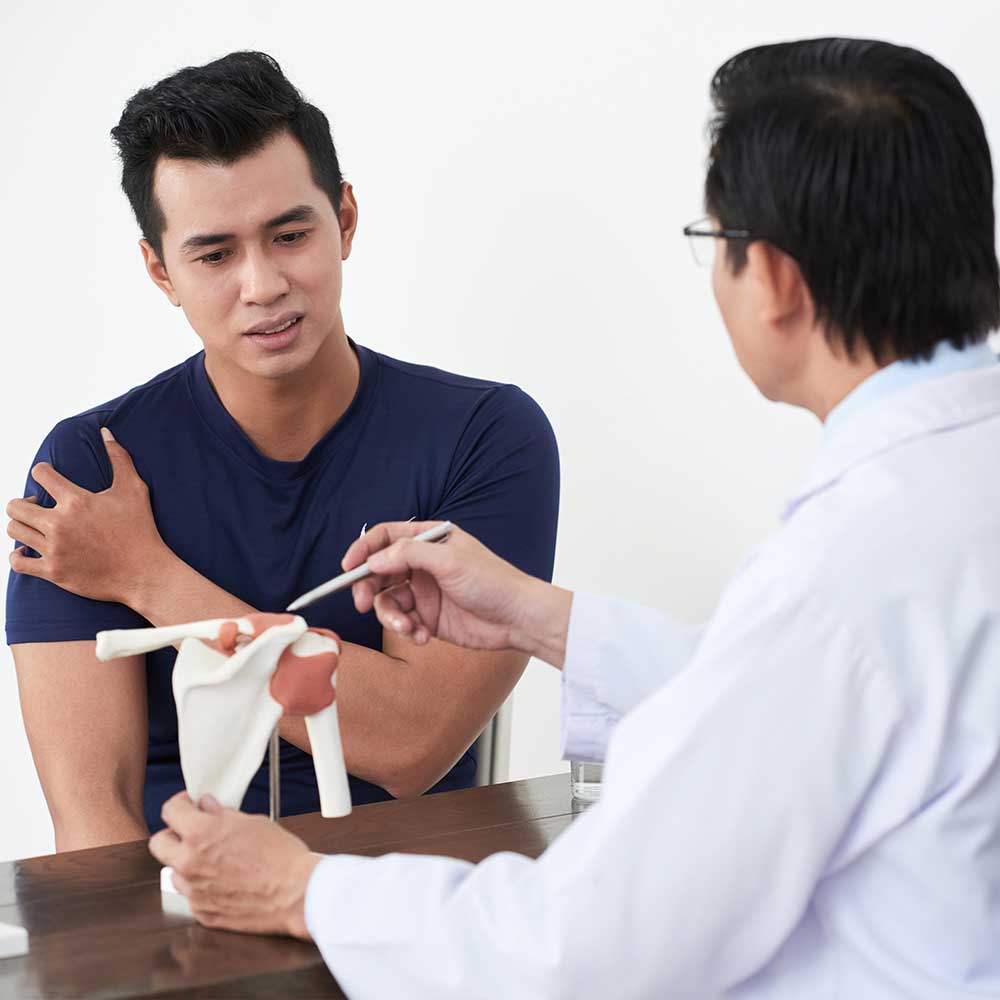
Patient Education
Includes providing information about your condition and treatment options and identifying and modifying any factors or activities causing your pain. Instructing you in home pain/swelling management and a home exercise program will help you maintain gains in motion and strength.
Functional Training
Therapeutic activities incorporate the use of multiple parameters such as balance, strength, coordination, and range of motion. Functional activities are designed to safely and gradually progress as you recover to allow for achievement of your functional and recreational goals.
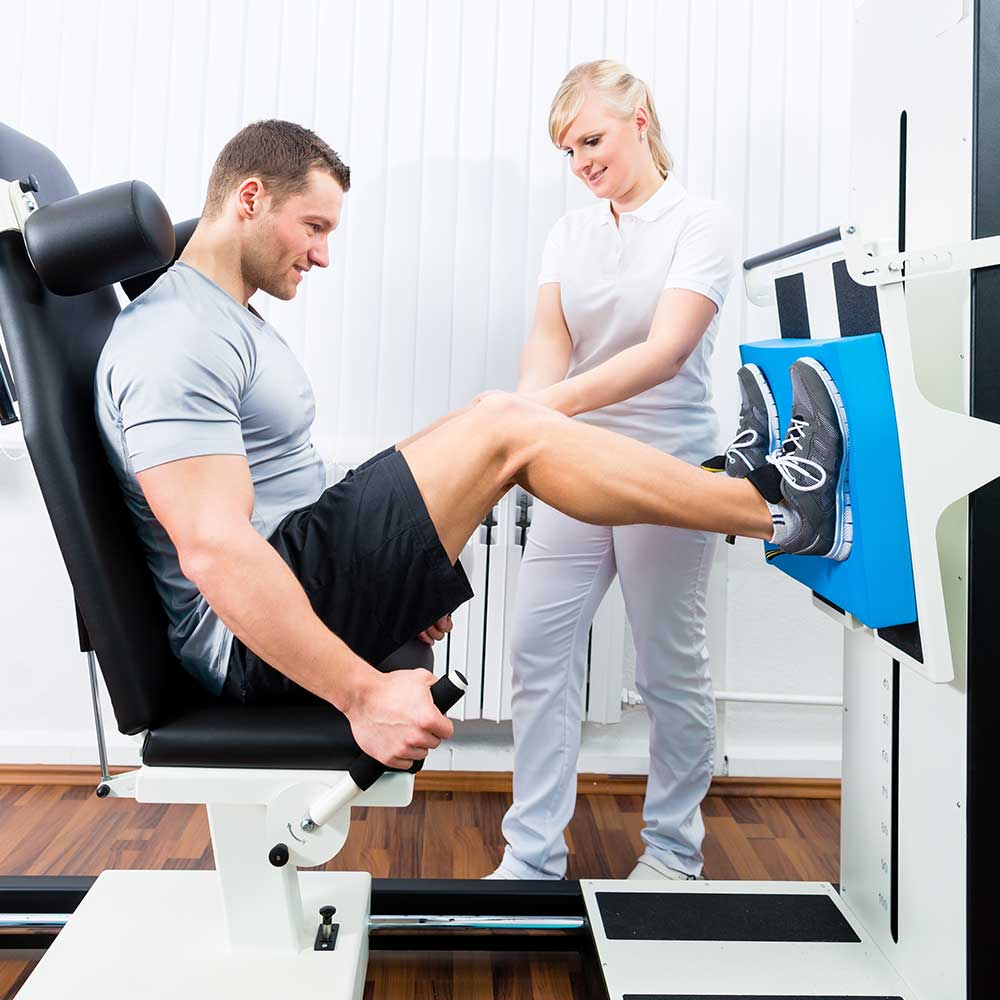
Reviews
What Our Clients Say
I give Christine and crew 5 stars! Very informative and helpful! Feeling better everyday!

